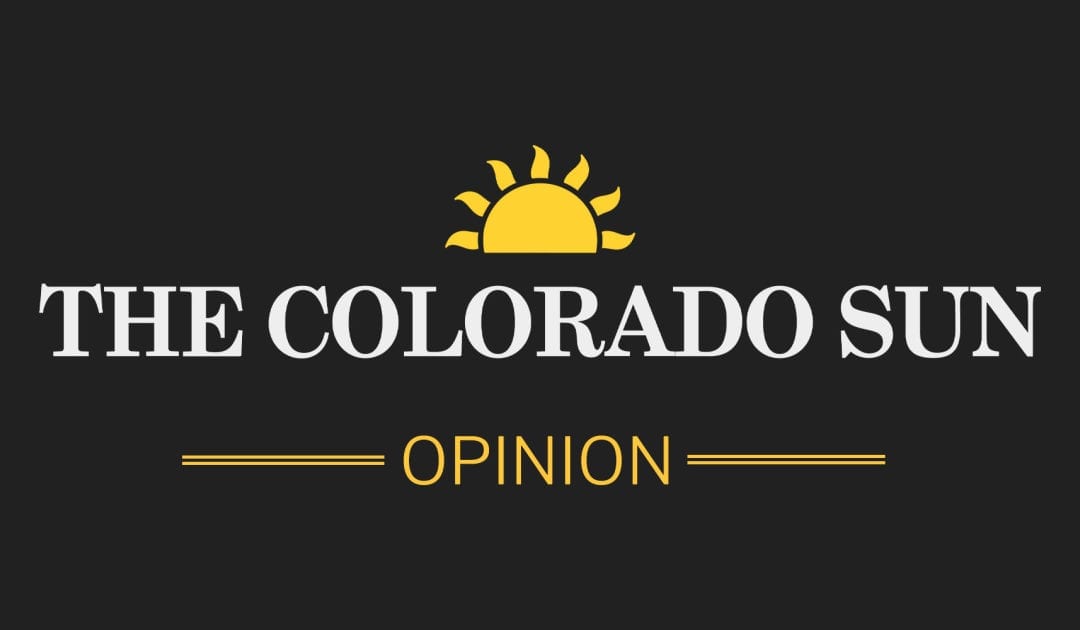
My county, and several others on Colorado’s Front Range, have a distinguishing characteristic that is a continual thorn in our side, especially to me as a local elected official responsible for the well-being of my constituents.
Our community in the Denver Metro/North Front Range area is known for its high ozone levels, which the Environmental Protection Agency classifies under the Clean Air Act as “serious.”
It’s troublesome then, not to mention ironic, that last week the EPA finalized new rules that significantly weaken restrictions for the oil and gas industry, which is largely responsible for this air quality problem.

The EPA’s new rules will rescind Obama-era regulations to reduce methane emissions, including leak detection and repair requirements, and remove pipelines and storage sites from federal oversight. This move contradicts scientific evidence and defies the agency’s own air quality standards.
The oil and gas industry is one of the largest sources of ozone pollution in Colorado. As such, I’m proud that our state is taking definitive action to address these public health and air quality issues with nationally leading regulations to reduce industry emissions – especially as the EPA loosens pollution restrictions and rolls back environmental safeguards.
Last December, the state Air Quality Control Commission adopted new rules requiring more frequent leak detection and repairs, both in rural areas with low-producing wells and within 1,000 feet of neighborhoods, schools and public spaces.
READ: Colorado Sun opinion columnists.
The AQCC will consider additional rules in 2020 to reduce greenhouse gases and other pollutants from the industry. The Colorado Oil and Gas Conservation Commission is also moving forward this year with rules to prioritize public health and safety and the environment over facilitating oil and gas development.
These state efforts will begin to address our climate crisis, public health and, importantly during this pandemic, support our economy in a time when we can’t count on the federal administration.
Elevated ozone levels can cause and worsen asthma and respiratory and cardiovascular problems, especially in children and older adults. Methane, the primary component of natural gas, is a major contributor to climate change, which increases the likelihood of seeing more infectious diseases like coronavirus in the future.
Furthermore, capturing more methane emissions and sending it to market increases taxpayer revenue, which is more important than ever as we work to rebuild our economies in the midst of a public health pandemic.
And our ultimate goal is to see an economy not reliant on carbon extraction, as my constituents are well aware of our desire to build a carbon-free future.
OUR UNDERWRITERS SUPPORT JOURNALISM. BECOME ONE.
The EPA rollback isn’t good news for many communities, but it’s a stark reminder that we absolutely must forge ahead with statewide rules to reduce harmful emissions from oil and gas.
Enacting new regulations and enhancing existing ones will put us on the right track toward economic recovery, protect the health and safety of our citizens by improving air quality, and help ensure a future for generations to come.
Heidi Henkel is a Broomfield City Councilor and a contributor to Western Leaders Voices, a program of Western Leaders Network that helps amplify the voices of local and tribal elected leaders on conservation issues in the West.
The Colorado Sun is a nonpartisan news organization, and the opinions of columnists and editorial writers do not reflect the opinions of the newsroom. and submit columns, suggested writers and more to .
Our articles are free to read, but not free to report
Support local journalism around the state.
Become a member of The Colorado Sun today!
$5/month
$20/month
$100/month
One-time Contribution
The latest from The Sun
This content was originally published here.

